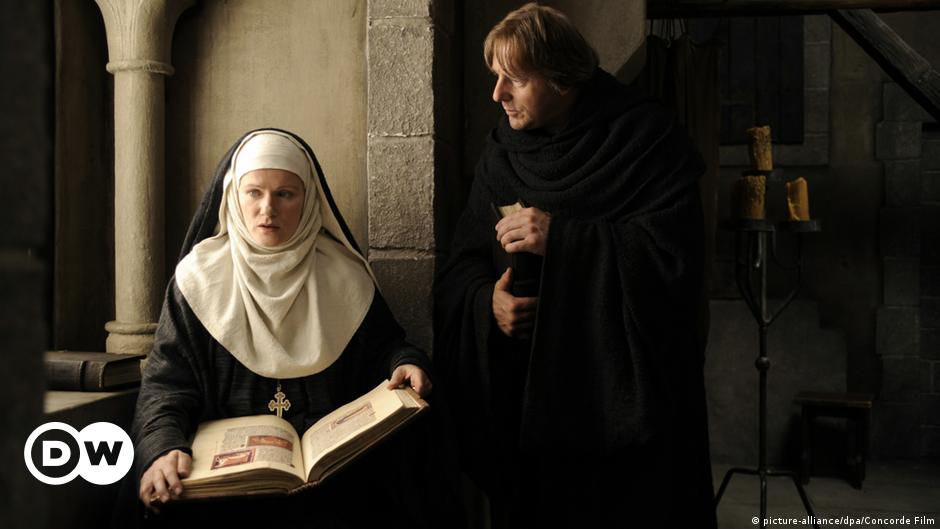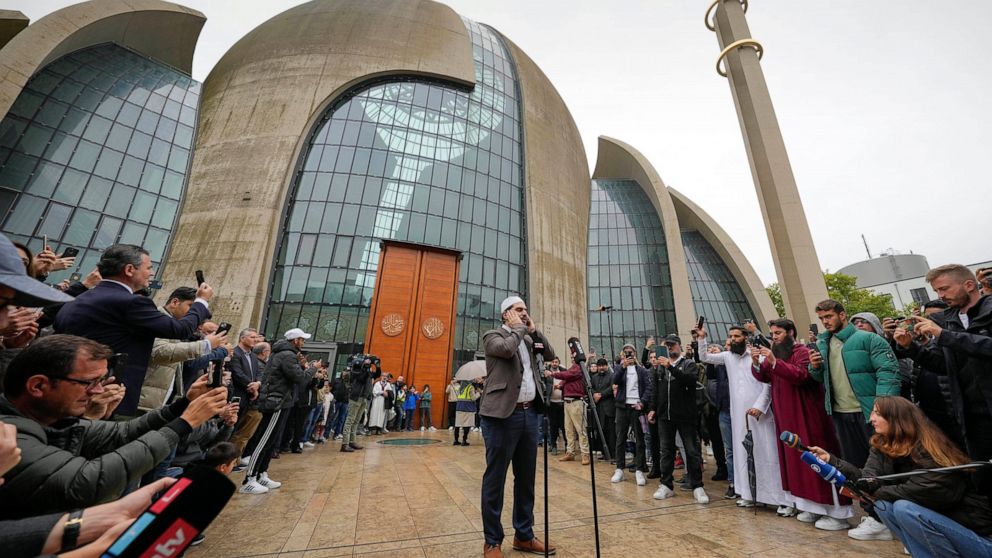- Feb 5, 2002
- 180,477
- 65,028
- Country
- United States
- Gender
- Female
- Faith
- Catholic
- Marital Status
- Married
- Politics
- US-Others
ROME – At venues such as the National War College in Washington, future leaders in politics, intelligence and the military are challenged to ponder the strategic implications of various hypothetical, but still real-world, scenarios: What if Russia uses tactical nuclear weapons in Ukraine? What if China invades Taiwan? What if Israel bombs nuclear facilities in Iran?
Though no one can predict the future, the idea is to look at plausible future developments and to consider what the best strategic response would be, before the crisis is actually upon us.
The Catholic Church has no real equivalent of a War College, but it probably should, as it too faces a complex and shifting set of global challenges. As an illustration of the kind of exercise such a program in Ecclesiastical Strategic Studies might offer, let’s take a scenario that doesn’t seem that far-fetched right now: A formal schism in Germany, driven by its controversial “synodal path.”
What would it mean, should at least some portion of the German church actually break ties with Rome, adopting a new leadership model based upon the idea of a “synodal council” in which bishops and laity jointly make decisions?
Continued below.

 cruxnow.com
cruxnow.com
Though no one can predict the future, the idea is to look at plausible future developments and to consider what the best strategic response would be, before the crisis is actually upon us.
The Catholic Church has no real equivalent of a War College, but it probably should, as it too faces a complex and shifting set of global challenges. As an illustration of the kind of exercise such a program in Ecclesiastical Strategic Studies might offer, let’s take a scenario that doesn’t seem that far-fetched right now: A formal schism in Germany, driven by its controversial “synodal path.”
What would it mean, should at least some portion of the German church actually break ties with Rome, adopting a new leadership model based upon the idea of a “synodal council” in which bishops and laity jointly make decisions?
Continued below.

Ecclesiastical Strategic Studies 101: Gaming out a German schism
What would it mean should at least some portion of the German church actually break ties with Rome, adopting a new leadership model based upon the idea of a “synodal council” in which bishops and laity jointly make decisions?



